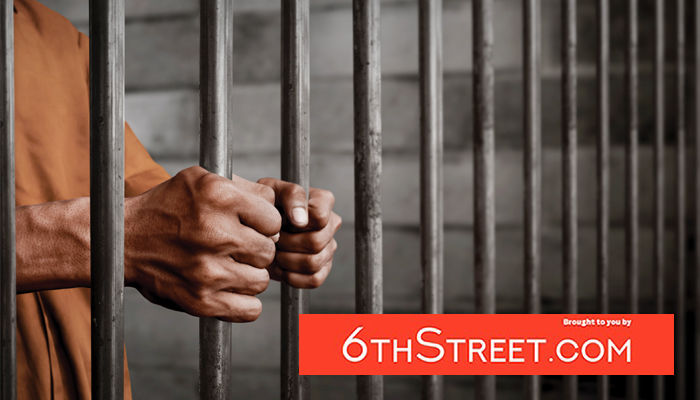
Muscat: People found guilty of trafficking in children could face up to 15 years in jail, the Royal Oman Police (ROP) said.
Trafficking bids that are part of international smuggling rings, those that have a mental or physical impact on victims or attempts in which multiple perpetrators are found guilty, will also have the same punishment of between seven and 15 years behind bars.
The information from ROP came as part of the Insan campaign, which is aimed at spreading awareness about the dangers of human trafficking, and the consequences of taking part in such criminal activity.
“Fortunately, occurrences of human trafficking in Oman are still low, with most of the perpetrators and victims being foreign nationals,” said Brig. Jamal bin Habib Al Qurayshi, Director General of Enquiries and Criminal Investigations at ROP. “Our awareness campaign also aims to enhance legal knowledge about the crime of human trafficking and the penalties established by Omani law to combat this.”
Penalties for human trafficking include a jail term for at least three years, and a fine ranging from OMR5,000 to 100,000.
Over the past year, human trafficking crimes uncovered by the General Department of Criminal Investigations involved domestic workers trying to flee from their employers duped by people who claimed to help them, only to then exploit these women by forcing them to work as prostitutes, and take part in other immoral acts that are against public sensitivities. The people who committed these crimes have been arrested.
Organised by the National Committee to Combat Human Trafficking, the Insan campaign includes a number of government and private agencies working together to spread awareness about, and to combat, this crime.
Roles have been assigned to each organisation to deal with incidents of trafficking according to their specialisation.
The main objective of the campaign is to enhance social awareness of trafficking and the efforts taken to combat it, help people recognise signs of the crime, and share with them the ways in which they can report suspected cases.
The Insan initiative also looks to let people know about the various services provided by the government to victims of trafficking, including food and shelter by the Ministry of Social Development, health services and psychological support from the Ministry of Health, and legal assistance carried out voluntarily by the Omani Lawyers’ Association.
“Unfortunately, many of the victims of trafficking do not report the crime, because they are afraid of reprisals from the perpetrators, who often belong to criminal gangs,” said Al Qurayshi.
“We therefore try to stop human trafficking by early identification of potential victims,” he added.
“This is done through observing people under suspicion, and with information received from citizens and residents, other government agencies, and Interpol.”
“Our teams are qualified to deal with this using the latest methods,” he added.
“We need to identify the victims, assess the danger criminals pose to them, and understand the psychological, physical and emotional stress they might be under, after which we can act accordingly,” he pointed out.